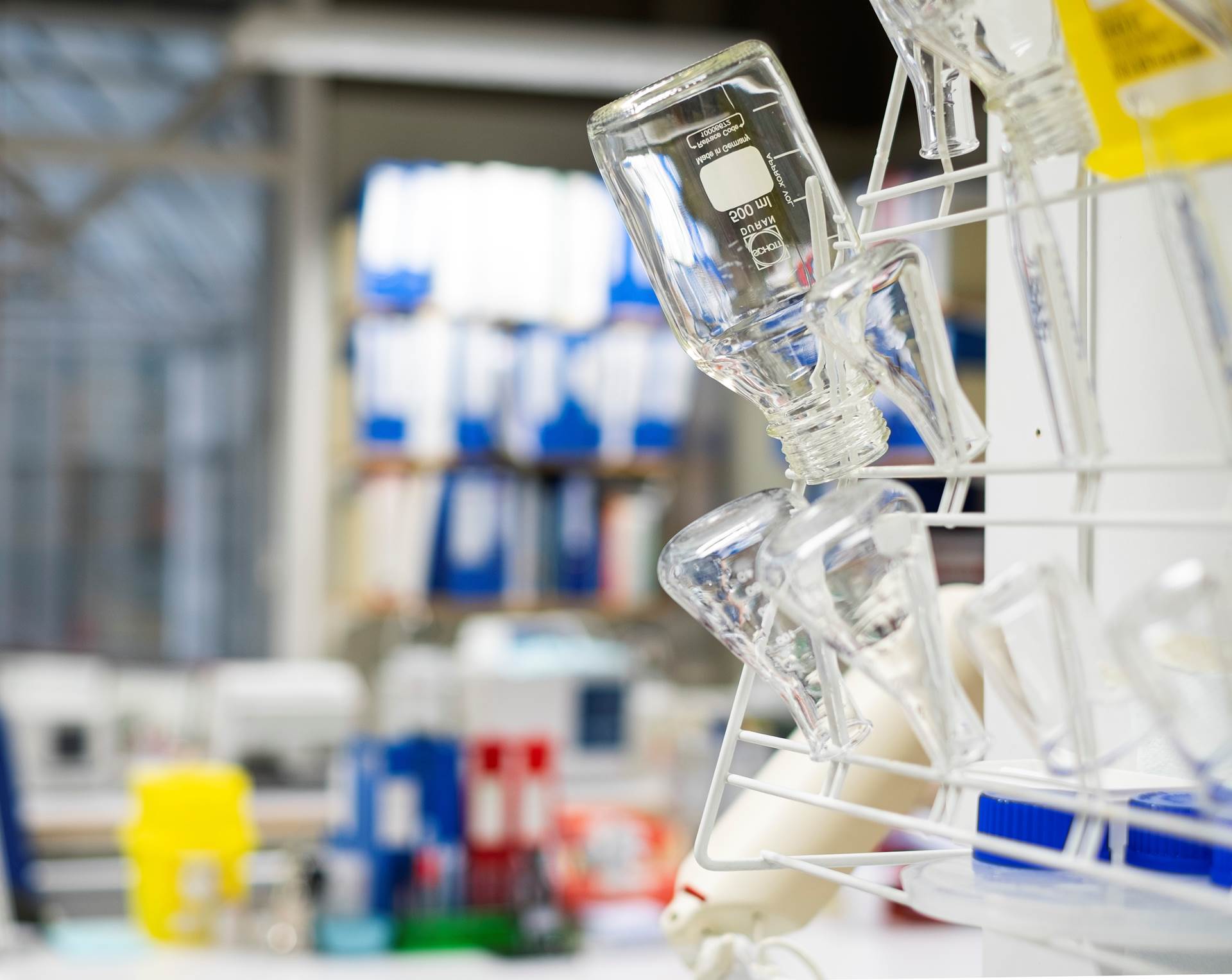Response to COVID-19 in Iceland
This statement has been updated on March 13, 2020
Icelandic authorities have taken preventive steps to contain the potential spread of the COVID-19 virus in the country. As Iceland has few entry points and the lowest population density in Europe, the country has been able to move swiftly to identify, communicate with and, where necessary, quarantine Icelandic residents who have been travelling from high-risk areas and those who have been in contact with infected individuals.
“From the beginning, Icelandic authorities have taken important steps for effective detection of infections. Therefore, we have been able to identify a high number of infected individuals,” Þórólfur Guðnason, Chief Epidemiologist says. “The National Police has contacted all Icelanders who have returned from high-risk areas and those who may have been in contact with them to reiterate requirements for quarantine."
As of March 13, 2020, 1.021 individuals have been tested, and of those 118 are infected. Of those infected, most of the cases are associated with travel in high-risk areas and transmissions in Iceland can all be traced back to individuals who had been travelling there. The Government is committed to ensuring that employees under quarantine are guaranteed sick leave or benefits and is working with the Confederation of Icelandic Enterprise and the Icelandic Confederation of Unions to create a mechanism for this. As of 13 March 2020, 1116 are under quarantine and 118 are in isolation.
“A proportionally high number of samples have been taken from arriving passengers and we have therefore managed to achieve early detection of infections. We are committed to keeping our residents and visitors as informed and prepared as possible and given the small population of Iceland this is easily achieved,” says Alma D. Möller, Director of Health.
To take these initiatives even further, Icelandic authorities are in cooperation with a prominent Icelandic biotech company, DeCode Genetics, for a nationwide assessment of the spread of the virus. This assessment will inform future actions to curb the spread of the virus.
Higher alert level - what does that mean?
On March 6, 2020 the National Commissioner of the Icelandic Police raised the alert level of the response to the COVID-19 virus outbreak to emergency phase, following the confirmation of the first transmission within Iceland. As of March 9, ten individuals have contracted the virus in Iceland after having come into contact with people who have recently travelled to high-risk areas.
This emergency phase activation has no significant impact on the public beyond those measures that had already been taken.
However, this calls for response agencies and critical service providers to increase their preparedness activities. For the time being, no travel restrictions are in force. The Chief Epidemiologist and his staff are paying special attention to vulnerable groups, particularly the elderly and those with underlying medical conditions.
Residents of Iceland who arrive from areas with a high risk of infection are advised to self-quarantine for 14 days as a precaution and the same applies to people who have been in contact with infected individuals. There are no restrictions in place for travel to Iceland and no restrictions for tourists, as they are not likely to come into contact with vulnerable groups.
Please see:
- Important information for tourists in Iceland about COVID-19
- Information in English from the Directorate of Health
- Economic response to COVID-19
Last updated on March 13, 2020.

